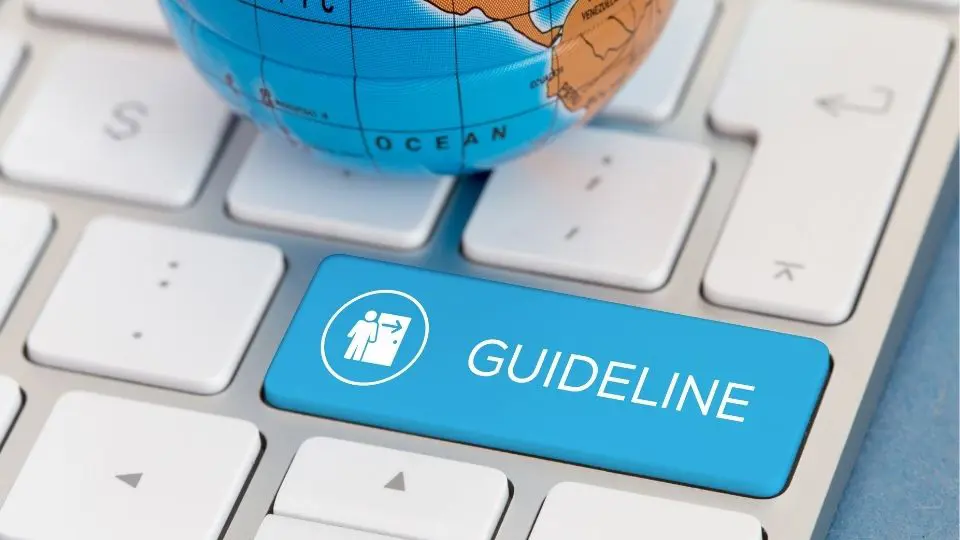
Before Gastric Bypass Surgery
- Quit smoking at least two weeks before surgery.
- Cease alcohol consumption at least one week before surgery.
- Avoid drinking anything with meals.
- Reduce caffeine intake.
- Abstain from eating or drinking after midnight to ensure an empty stomach for the surgery.
- Follow a strict diet to prepare for lifestyle changes and begin a healthier journey.
- Discontinue blood thinners such as Aspirin and its derivatives (Coraspin, Alca-Seltzer, etc.).
- Stop using drugs like Glucophage or Metformin three days before the surgery.
- If taking diabetic medications, consult with your doctor to ensure suitability for the preoperative diet and other medications.
- Avoid fizzy drinks and alcohol.
- Focus on protein-based foods in every meal.
- Eliminate refined sugar from the diet.
- Steer clear of sugar-added drinks and foods.
- Stay away from fried food and fast food.
- Take supplements for essential vitamin and mineral needs due to restricted food intake; any multivitamin tablet will be sufficient.
- On the last day before the surgery, adopt a clear liquid diet.
- Refrain from eating or drinking after midnight as surgery is scheduled for the next day.
- Never consume solid food a day before the surgery.
- Mix fruit juice with skimmed milk and drink vegetable broth after draining it.
- Make the day more comfortable by adding plenty of cinnamon to soy milk or milk.
Day 1
- On the surgery day, refrain from chewing gum, drinking liquids, or taking medications.
- After the surgery is complete, rest and avoid movement during this period.
- Experience pain or discomfort in the incision area, and possibly neck or shoulder pain.
- Notice decreasing pain each day, managed with IV medication.
- Start drinking clear liquids after passing the "leak test."
- Engage in short walks, getting out of bed and walking around at least three times per day.
Days 2-3
- Most patients leave the hospital 2 or 3 days after surgery and transition to the at-home recovery plan.
- Keep the incision clean with a gentle wash using soap and water; cover with sterile bandages.
- Take prescription pain medication as needed.
- Continue with clear liquids only.
- Incorporate walks into the routine, aiming for at least three times a day.
Day 5
- Shower and start light activity around the fifth day of gastric bypass recovery.
- Take showers or baths (avoid hot tub or jacuzzi).
- Avoid heavy lifting to prevent undue pressure on stitches and torso.
- Experience normal, albeit potentially painful, bowel movements in the first week post-operative.
- Take pain medication as needed and follow prescribed instructions.
- Potentially receive a prescription for Protonix to reduce stomach acidity.
- Resume regular medications unless otherwise advised by the surgeon.
Day 7
- At the 7-day mark, resume eating and driving.
- Pain should mostly be gone, no longer requiring prescription-strength medication.
- Add thicker drinks and smooth foods, avoiding chunks.
- Continue walking, leg, and breathing exercises.
Day 14
- Healing incisions may no longer need bandages but may remain puffy, itchy, or irritated.
- After wounds close completely, apply special lotions and sunscreen to minimize scarring.
- Continue walking, leg, and breathing exercises.
- Limit physical activity to light tasks, avoiding lifting more than 10 lbs/4.5 kg.
4-6 Weeks
- Transition into the "new normal" during weeks 4 to 6, resuming heavy lifting and adopting a new diet and exercise routine.
- Return to normal daily activities and exercise, including heavy lifting.
- Start a full long-term maintenance diet.
- Experience little to no pain; use over-the-counter medications if needed.
Patient Planning
- Engage in telephone and online video consultations with the surgeon before arrival.
- Participate in a detailed consultation with the doctor before treatment.
- Undergo medical tests and health checks in the hospital.
- Stay in the hospital for at least 3 days.
- The day after surgery, have a consultation with the doctor for a personalized diet list.
- Post-treatment, the doctor will check health conditions and explain medication usage.
- Attend additional consultations with the surgeon and PCP.
